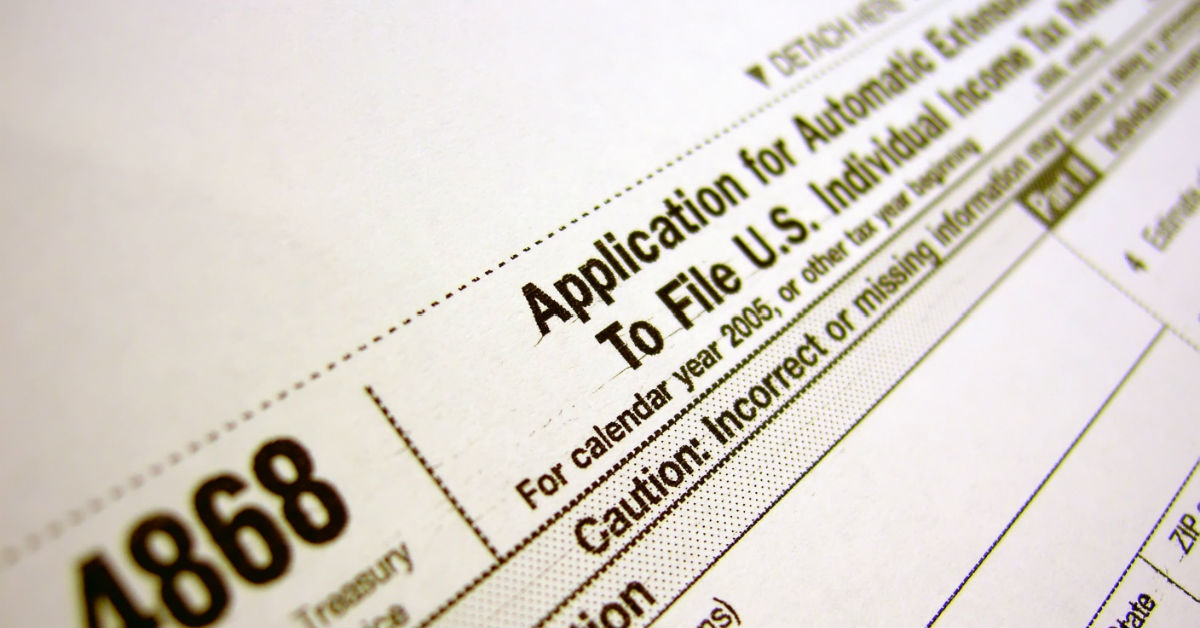
Buying a home is likely the most significant investment you’ll ever make. Not only are you paying hundreds of thousands of dollars, but your home is the place where you’ll make the most meaningful memories of your life.
As a first-time homeowner, you might also be aware that there are some tax implications when you buy a home. Let’s take a look at some of those, so you know what to expect when you file your year-end tax return.
Tax Implications of Buying a Home
- Your Down Payment: Your down payment isn’t tax deductible. However, if you use some of your retirement plan to make this payment, you should let your plan administrator know. If you’re under age 59 1/2 and a first-time buyer, you can avoid early retirement withdrawal penalties.
- Remodels and Repairs: Once you buy home, it probably won’t be long before you face your first repair or remodeling project. These costs are not tax deductible, but keep a file of your receipts along with photos of any construction you do on your home. Why? Because things like a water heater, new roof, kitchen remodel, new windows, or home additions can be classified as capital expenditures, which may reduce your capital gains tax when you sell the home. Note that repairs like plumbing, maintenance, cleaning, or painting are not capital expenditures.
- Closing Costs: Unfortunately, the closing costs you pay when you buy a home are not tax deductible. But take a close look at your escrow settlement statement, where you might find some things like property taxes and fees for loan origination (also called “points”). These items may be tax deductible. Also keep documentation of the closing costs you pay when you refinance, as these can reduce your capital gains when you sell. Any points you pay for a loan refinance are eligible for amortization over the life of the loan, and you can deduct them on your tax return.
- Mortgage Interest: The interest you pay on your mortgage and property tax escrow over the year are deductible on Schedule A — your itemized deduction. Your lender should be sending you form 1098 sometime in January, letting you know how much mortgage interest you paid. If your property taxes are paid through an impound account by your lender, your property taxes will show here, too.
- Private Party Financing: Let’s say your parents helped you with your down payment, and you’re repaying them. If there’s interest on these payments, you can deduct it, but only if their “loan” note is secured by your property.
- Private Mortgage Insurance: In 2017, private mortgage insurance (what you’ll pay if you put less than 20% down on your home, until you reach an 80/20 loan-to-value ratio) will no longer be tax deductible.
If you bought a home this year, it’s important to consider all the tax implications when filing your tax return. As home or business ownership can complicate your tax profile, it may be best to let a CPA or certified tax preparer help you get the most accurate filing — and the biggest return.














